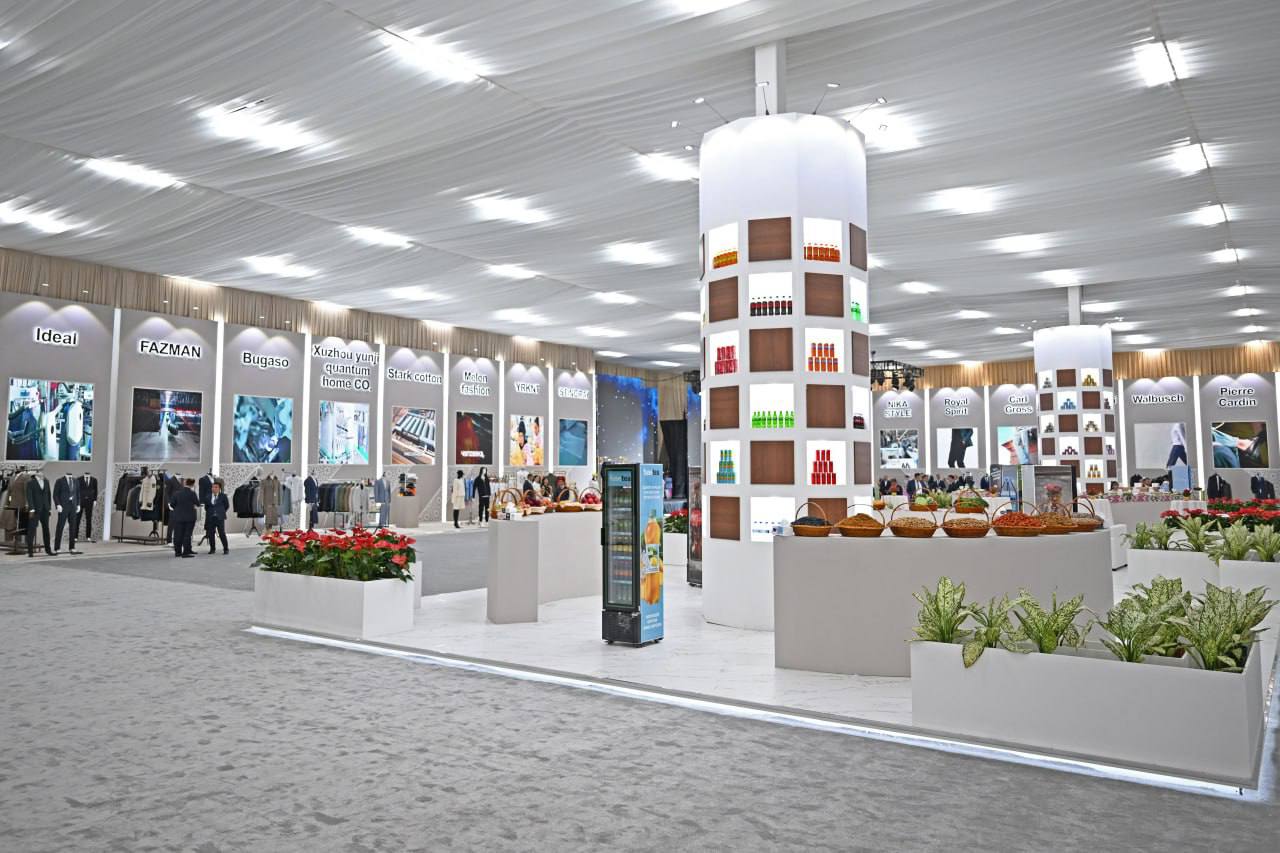TASHKENT, Uzbekistan, September 17. Uzbekistan's Namangan Free Economic Zone has been extended to Turakurgan, including the new “Iftixor Kiyim Sanoat” cluster enterprise with a $198 million investment, Trend reports via the Uzbek president's office.
During an August 13 meeting, President Shavkat Mirziyoyev highlighted the importance of textile enterprises cooperating with leading global brands. “Iftixor Kiyim Sanoat” has successfully implemented this approach: its products are manufactured under orders from Bugatti, Pierre Cardin, Roy Robson, Baldessarini, Lavard, Jake’s, Engbers, Cinque, Walbusch, and other well-known brands. Today, clothing produced in Namangan fills shelves across Europe.
In addition, the enterprise produces upholstery fabrics for Mercedes-Benz, BMW, and Rolls-Royce vehicles, making it the only facility of its kind in the region. Overall, “Iftixor Kiyim Sanoat” has established partnerships with nearly twenty international brands.
From its beginnings as a small sewing workshop, the enterprise has grown into a large industrial cluster, covering the full cycle from cotton cultivation to the export of finished products. Strict quality standards have allowed its products to succeed on the international market.
During the visit, President Mirziyoyev reviewed the production process and met with employees. Once operating at full capacity, the enterprise is expected to produce $100 million worth of products annually, create 2,000 new jobs, and provide steady tax revenues. Partnerships with global brands ensure stable markets, significant foreign exchange earnings, and additional employment opportunities.
Namangan remains Uzbekistan’s leading region in the textile sector. Textiles account for one-third of the region’s industrial output and half of its exports. The region is home to approximately 2,500 textile enterprises producing under nearly 250 brands, providing sustainable incomes for over 100,000 people.







